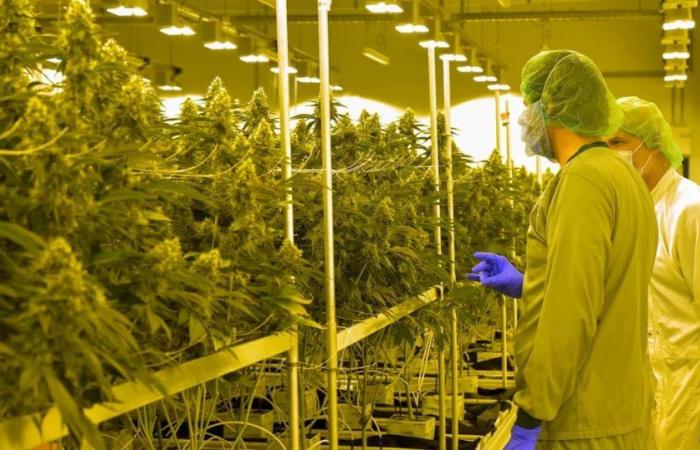In recent decades, the medical cannabis has emerged as a major player in the medical and pharmaceutical world. What was once stigmatized as a dangerous drug is now widely recognized for its therapeutic potential, leading to the development of an economic phenomenon that is emerging internationally as its regulatory review continues to advance.
The growth of the medicinal cannabis market globally is explained in the projections on which a variety of consulting firms have been agreeing. Just to mention one of the most recent, Euromonitor International, one of the most prominent market intelligence firms, forecasts in its latest report a turnover of USD 15.4 billion by 2027with aggregate sales set to grow at a compound annual rate of 13%.
In this context, The World Health Organization (WHO) has recognized its therapeutic potential and has urged member countries to review their related policies. In this regard, just a few weeks ago in the United States, the Food and Drug Administration (FDA) recommended to the DEA the reclassification of marijuana as a low-risk drug and endorsed its scientific support for medical use.
The clinical applications of cannabis are diverse and promising. The plant and its derivatives have a multitude of components that act in synergy (Entourage Effect) and have proven to be a phytomedicine with a high safety index, without lethal doses, with minimal incidence of side effects, low severity and easy clinical management. .
Various studies have confirmed its effectiveness in relieving chronic pain, treating refractory epilepsy, reducing nausea and vomiting in cancer patients undergoing chemotherapy, and improving appetite in people with HIV/AIDS, among other uses. In addition to its analgesic and anti-inflammatory properties, cannabis has also sparked interest for its potential in the treatment of sleep or neuropsychiatric disorders such as anxiety, depression, post-traumatic stress and schizophrenia.
According to data from Statista Consumer Insights, arising from a survey conducted in April 2024 throughout Latin America, in Argentina 31% of respondents said they use or would be willing to use medicinal cannabis as a treatment, which clearly speaks about the high level of acceptance towards its use by patients due to growing knowledge about its health benefits and therapeutic properties, and a marked preference towards more natural medicines.
Since 2017, with the passing of Law 27,350, which regulates scientific research and the medicinal use of the plant and its derivatives, its regulatory decree and subsequent regulations, our country has traveled a valuable path that it is just beginning to unravel in terms of the supply of regulated products to guarantee safe and legitimate access to a medicine that is used by a large sector of society.
The creation of the new category of “Plant products based on cannabis and its derivatives intended for use and application in human medicine”, for sale by prescriptionregulated by ANMAT pursuant to Resolution 781/22 of the Ministry of Health of the Nation, opened a promising space for innovation and development of products with the potential to significantly improve the health and well-being of medicinal cannabis users in Argentina, which in turn would allow the demand currently distributed in informal markets or self-cultivation to be progressively redirected towards the pharmacy and/or health center system, thus ensuring supply for patients, while also guaranteeing the appropriate intervention of health authorities and medical professionals in prescription and use.
Given the current state of affairs, it is important to note that the use of cannabis-based medicines produced without proper supervision or in unsuitable facilities can result in products of inconsistent or contaminated quality, which poses a threat to the safety and efficacy of treatments. In addition, the lack of adequate medical guidance can lead to incorrect dosages or unwanted interactions with other drugs, which could exacerbate patients’ health problems.
Faced with this reality, it is the responsibility of both the industry and its regulators to work together to streamline processes that lead to facilitating the availability of the demanded productsmaintaining a focus firmly grounded in science, safety and accessibility, ensuring that the therapeutic benefits of cannabis are available to the population that needs them.






